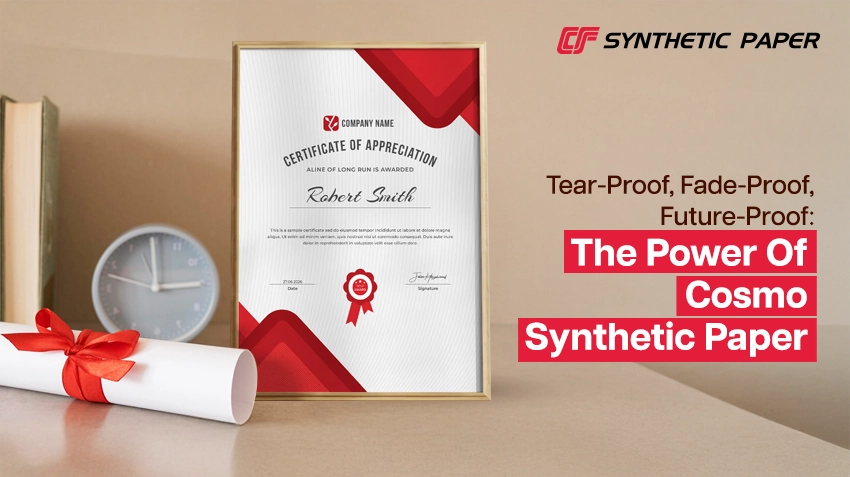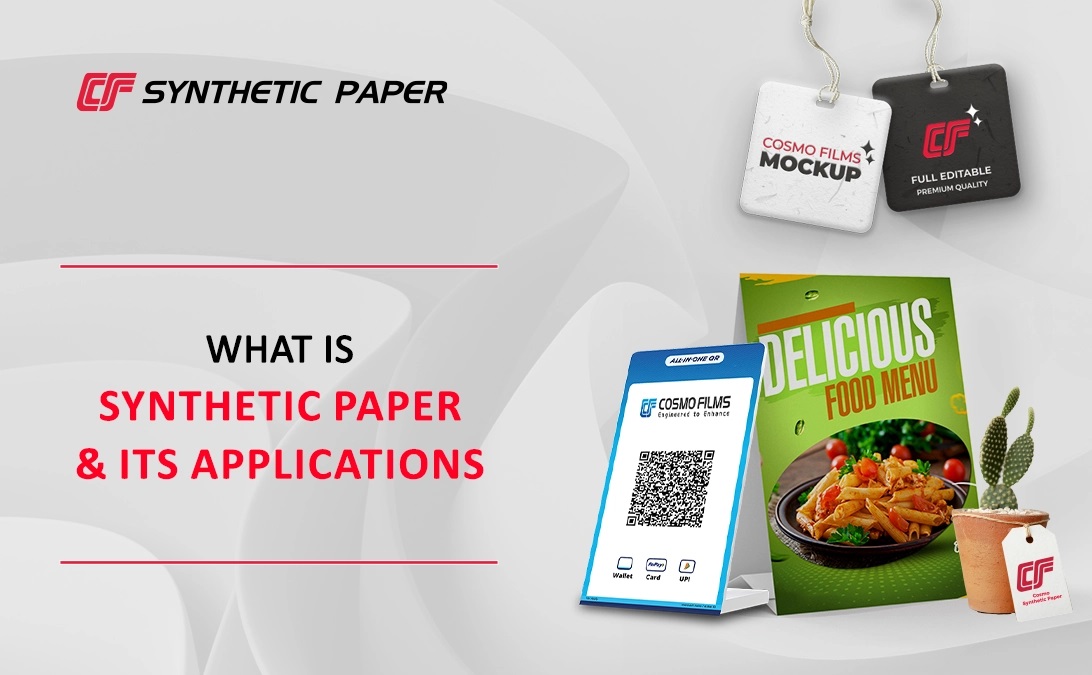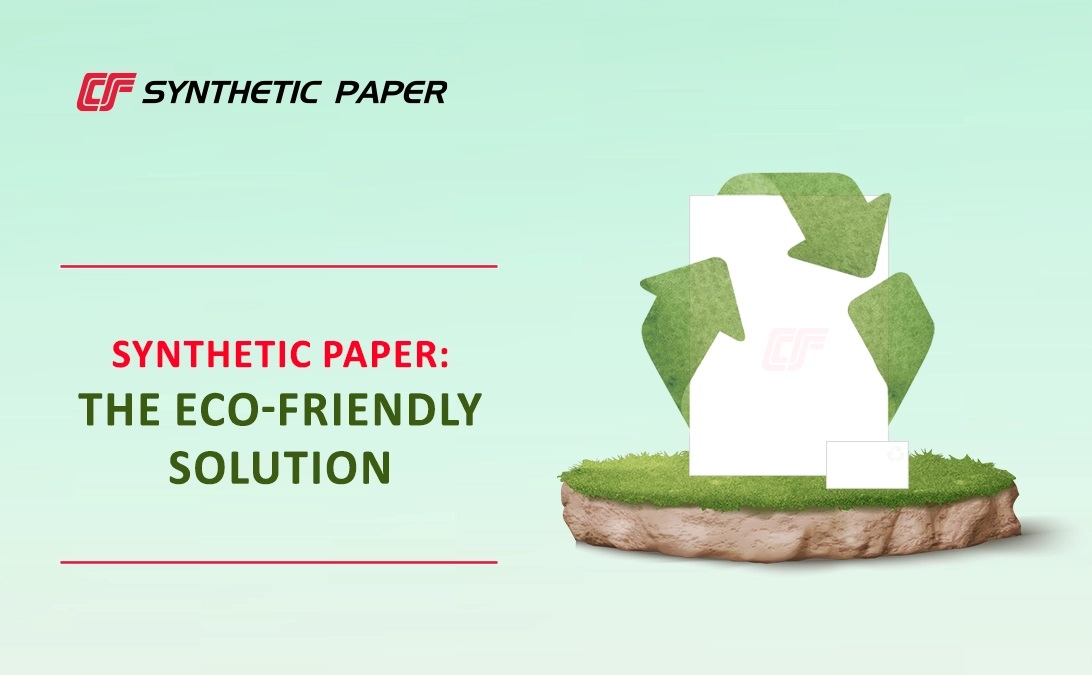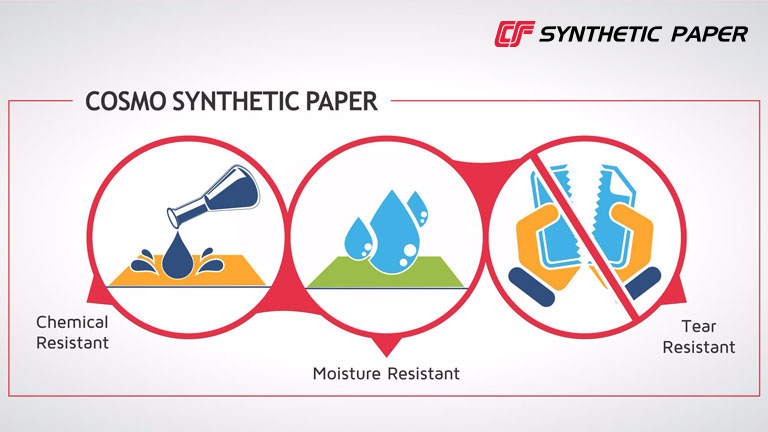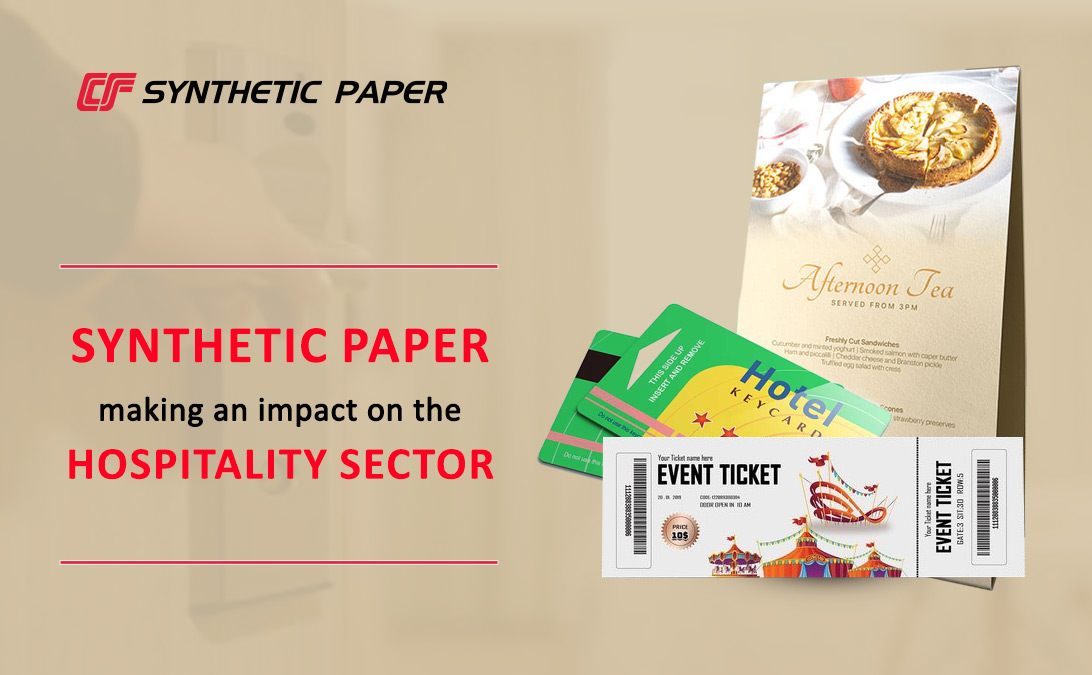Degrees and certificates are symbols of accomplishment, a testament to years of hard work, and a crucial document in one's professional journey. The material these certificates are printed on must meet requirements like durability, non-tearability, and other important factors.
Synthetic paper has been popularly used for certificates and degrees. But what are the reasons behind this popularity in the printing industry? Let's find out!
Understanding Synthetic Paper
Let's briefly understand what synthetic paper is.
Cosmo Synthetic Paper is made from polypropylene-based film that offers superior durability and resistance to water, chemicals, oils, tearing, and fading. It mimics the feel and appearance of traditional paper, yet it boasts several additional advantages that make it ideal for various applications, including degrees and certificates.
Here are some reasons why our synthetic paper is ideal for degrees and certificates:
A. Durability That Lasts
One of the most significant benefits of synthetic paper is its durability. Degrees and certificates are priced possessions that one likes to keep for their entire lives and even display, and therefore, they must withstand the test of time.
The problem with traditional material was that paper turned yellow and was prone to tearing or becoming fragile. But synthetic paper is resistant to wear and tear, water, and stains, ensuring that degree certificates remain pristine for years, without the need for lamination.
B. Resistance To Water & Humidity
Traditional material certificates warp, tear, or become illegible when exposed to moisture. Synthetic paper is resistant to water and thus is an excellent choice for such applications.
So, be it accidental spillage or high humidity in a storage area, our non-tearable paper ensures that important documents stay in pristine condition without the risk of damage.
C. Resistance To Fading & UV Light
Important documents like degrees require signatures, stamps, and other printed details that must remain clear and legible. Traditional materials often fade over time due to exposure to sunlight or artificial light, making old degrees difficult to read or authenticate and causing confusion or challenges during future verification processes.
Synthetic paper offers fading resistance, ensuring that the printed text, signatures, and stamps on degrees and certificates remain sharp and readable for longer.
D. Professional Look & Feel
The quality of a degree certificate is as important as the education/achievement it represents. A certificate printed on high-quality material, like Cosmo Synthetic Paper, conveys professionalism and adds a touch of prestige to the achievement. It delivers a smooth, polished finish that enhances the appearance of the application, making it look more elegant and appealing.
E. Cost-Effectiveness In The Long Run
With synthetic paper's durability and resistance to wear and tears, there is no need to replace certificates due to fading, damage, or deterioration, saving on replacing costs. This makes synthetic paper a more economical option, considering the long-term benefits of preserving the quality of the degree certificates.
This water resistant paper also reduces the need for additional protective measures - lamination or special storage methods, saving money on maintenance and preservation costs.
Conclusion
In a world where first impressions matter and durability define prestige, synthetic paper isn't just an option but an ultimate upgrade. Imagine certificates that won't fade, tear, or wilt under pressure, just like the achievements they represent.
Want to know more? Contact us, https://www.cosmosyntheticpaper.com/csp-application/CSP-For-Identification-and-Credentials the best PP synthetic paper manufacturers, for your non tearable paper requirements today.



